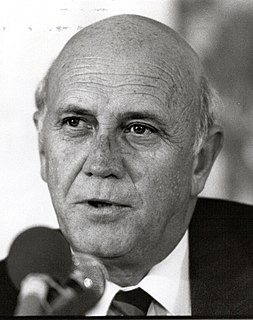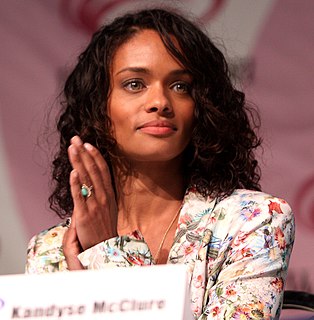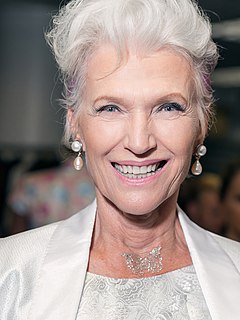A Quote by Cyril Ramaphosa
South Africa has not turned its back on human rights at all.
Quote Topics
Related Quotes
Let's not use the term democracy as a play on words which is what people commonly do, using human rights as a pretext. Those people that really violate human rights [the West] violate human rights from all perspectives. Typically on the subject of human rights regarding the nations from the south and Cuba they say, "They are not democratic societies, they do not respect human rights, and they do not respect freedom of speech".
And now South Africa has finally woken up and it is doing great things. And if South Africa becomes the template to what AIDS is in the sub-Saharan continent, then all the other countries are going to follow suit. And Michel Sidibe, who spoke at the breakfast meeting this morning, was saying that there is so much hope for Africa now that South Africa has got its house in order.
When I was in government, the South African economy was growing at 4.5% - 5%. But then came the global financial crisis of 2008/2009, and so the global economy shrunk. That hit South Africa very hard, because then the export markets shrunk, and that includes China, which has become one of the main trade partners with South Africa. Also, the slowdown in the Chinese economy affected South Africa. The result was that during that whole period, South Africa lost something like a million jobs because of external factors.
Fifteen years after the new dispensations started in South Africa, if one looks back, there are reasons to be positive and say we have achieved what we wanted to achieve, but there are also reasons for concern. Not everything turned out exactly as I would have liked it to turn out. On the positive side, we have a good constitution, there has been no effort to really amend the constitution and change the values and the principles contained therein and in our bill of rights.
I published a thesis about animal rights when I was studying in England in 1991. Back then, I was a human rights lawyer and people condemned me for talking about animal rights when human rights are still not guaranteed. However, human rights are guaranteed in a society where animal rights are secured.
Living here in North America - I have been Americanized. When I go back home now, there are things that I have far less tolerance for in South Africa. We've come such a long way in terms of race relations and the economy as well as people's willingness to move on. There are still a lot of things that are frustrating about being in South Africa.

































